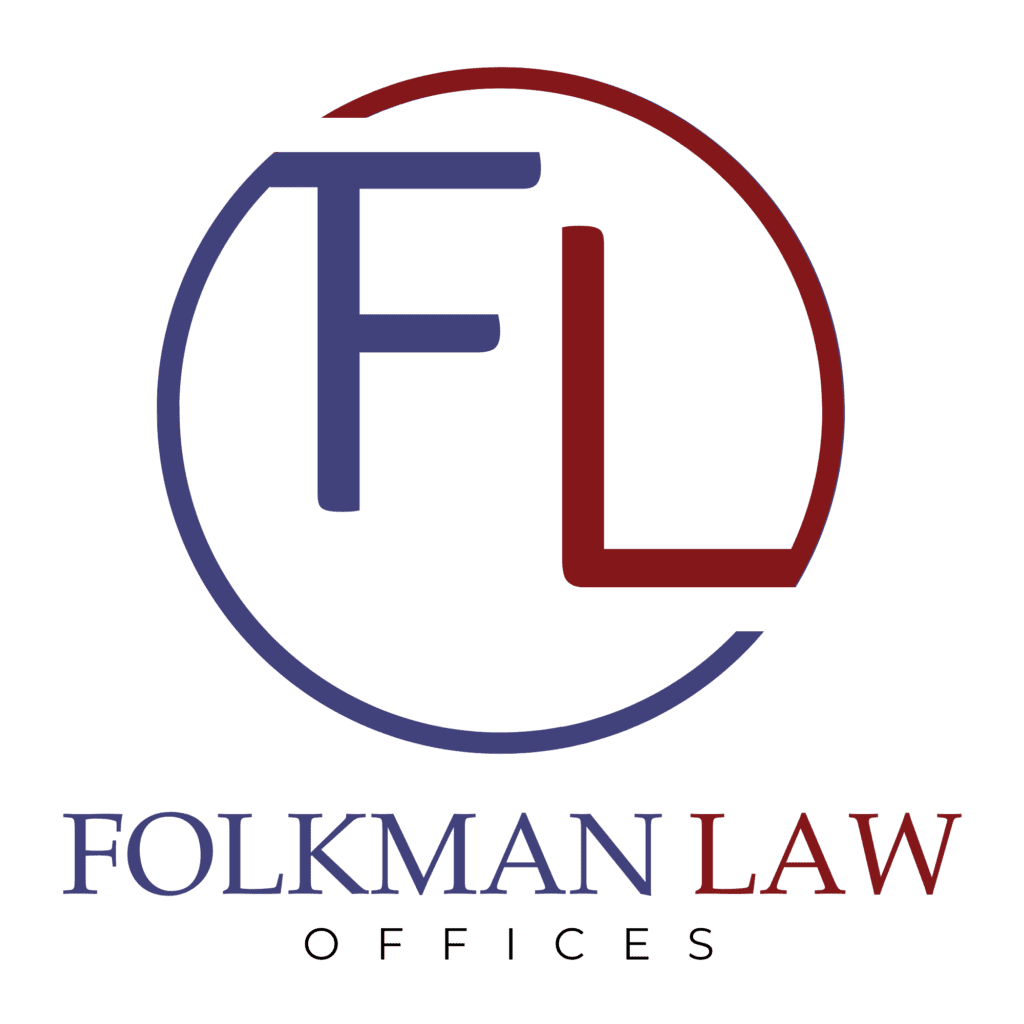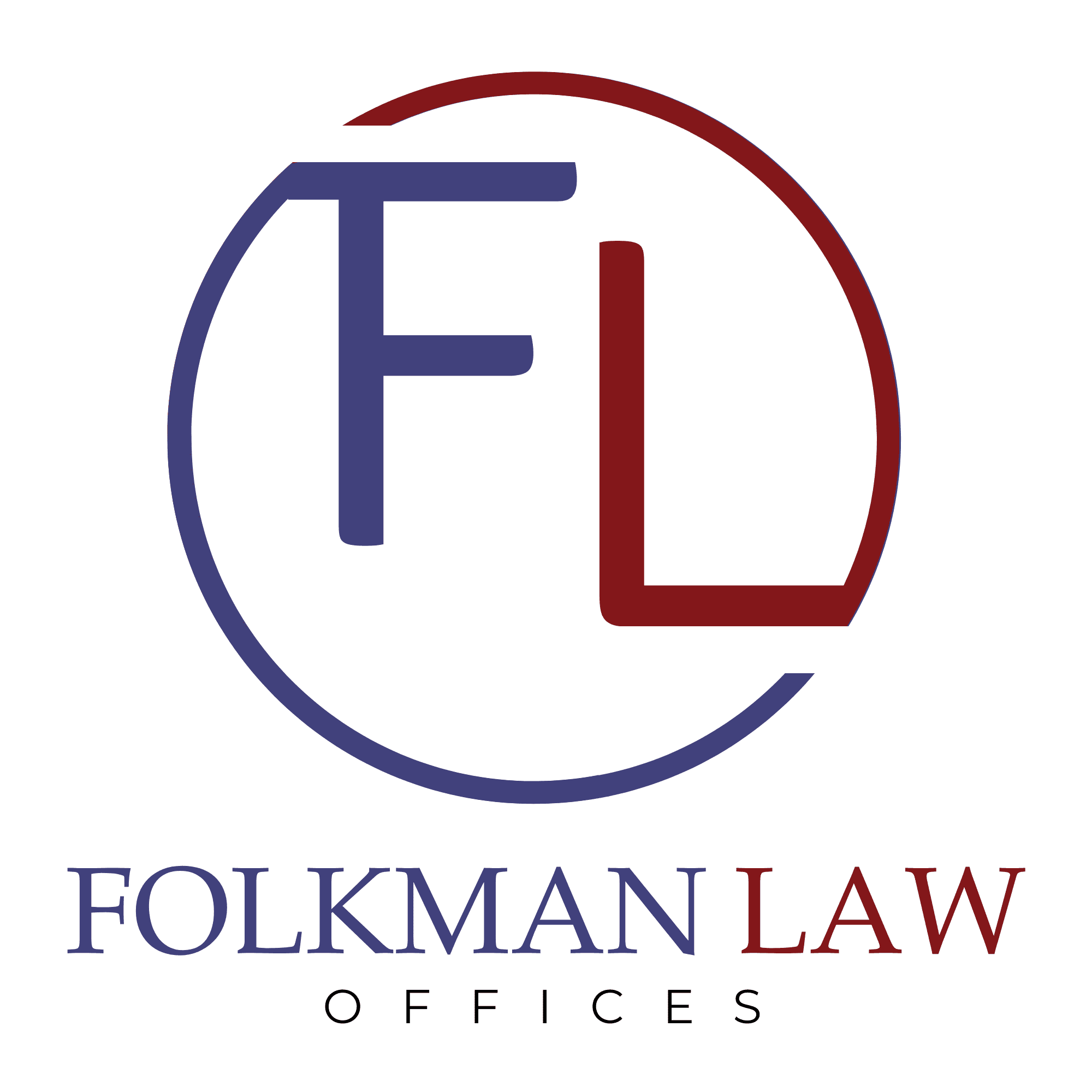Understanding Your Rights Under Philadelphia Employment Law with Folkman Law
Table of Contents
Navigating the complexities of employment law in Philadelphia can seem daunting. As an employee, understanding your rights is crucial. Philadelphia has specific regulations that protect you from workplace discrimination, ensure fair wages, and dictate working conditions. Knowing these local laws empowers you to stand up for your rights, whether you’re facing unfair treatment, discrimination, sexual harassment, or wrongful termination. Familiarize yourself with the provisions set by the Philadelphia Fair Practices Ordinance, as it offers additional layers of protection beyond federal legislation.
Overview of Folkman Law and Their Practice Areas
Folkman Law is your formidable ally in navigating Philadelphia employment law. With a team of seasoned attorneys, they bring extensive experience to your legal issues. They are knowledgeable in employment litigation, offering representation for wrongful termination, discrimination, sexual harassment, and whistleblower claims. Their competent lawyers provide personalized attention, ensuring you understand your rights and the options available to your case, empowering you to make informed decisions—Trust Folkman Law to advocate for your workplace interests.
Key Provisions of the Philadelphia Fair Practices Ordinance
- Prohibits employment, housing, and public accommodations discrimination based on race, ethnicity, color, sex, sexual orientation, gender identity, religion, national origin, and disability.
- Mandates reasonable accommodations for employees with disabilities.
- Outlaws retaliation against individuals who oppose unlawful practices or participate in investigations or hearings.
- Requires employers to prominently display notices informing employees of their rights under the ordinance.
- Establishes the Philadelphia Commission on Human Relations to enforce the provisions and handle complaints.
- Sets forth penalties for violations, including fines and injunctive relief.
These key provisions aim to protect your right to fair and equal treatment in the workplace.
Understanding At-Will Employment in Pennsylvania
In Pennsylvania, at-will employment means your employer can generally terminate your job without cause, except for illegal reasons like discrimination or retaliation. However, there might be exceptions based on contracts or policies that alter the at-will relationship. As an employee in Philadelphia, be aware of company-specific agreements that could impact this default employment status. Understanding the bounds of at-will employment is essential to protect your rights. If you suspect your termination violated legal boundaries, contact Folkman Law to explore your options.
Rights Against Discrimination and Harassment
You are entitled to a workplace free from discrimination and harassment under Philadelphia employment law. This includes protection based on race, color, religion, sex, national origin, age, disability, sexual orientation, gender identity, and other characteristics. Employers cannot legally:
- Refuse to hire
- Terminate
- Demote
- Harass
- Pay less
- Change shifts
- Deny training
- Deny promotions
based on these protected characteristics. If you face such issues, you can file a complaint with the relevant authorities to seek justice and potentially receive compensation for any harm you’ve suffered.
Family and Medical Leave Rights Under Philadelphia Law
Although the state of Pennsylvania doesn’t have its own medical leave laws, eligible employees are covered by the Federal Family Medical Leave Act (FMLA) in PA, just as they are in every other state. Thus, in Philadelphia, you may have rights that may provide job-protected leave for family and medical reasons. The FMLA is intended to provide unpaid, job-protected leave for employees who meet certain eligibility requirements.
The U.S. Department of Labor defines a covered employer as:
- A public or private school (elementary or secondary);
- A government agency at the state, local, or federal level; and
- A private company with at least 50 employees during 20 weeks of the year.
If they work for a covered employer, an employe becomes eligible for FMLA once they meet the following criteria:
- Have worked for at least 12 months with the same employer;
- Have performed 1,250 hours of work during the preceding 12 months; and
- Are employed at a worksite with at least 50 employees in a 75-mile radius.
As an eligible employee:
- You’re entitled to up to 12 weeks of unpaid leave within a 12-month period for certain family and medical situations.
- These can include the birth of a child, adoption, caring for a family member with a serious health condition, or your own health condition that prevents you from performing your job.
- Employers must maintain your health benefits during leave as if you continued to work.
- Upon your return, employers must restore you to your original job or an equivalent position.
It’s important to understand that these rights are in place to support a work-life balance and to ensure you don’t have to choose between job security and family or health needs.
The Role of the Philadelphia Commission on Human Relations
As a Philadelphia employee, you should know that the Philadelphia Commission on Human Relations (PCHR) is pivotal in enforcing anti-discrimination laws. The PCHR investigates claims of discrimination in employment, housing, public accommodations, and the delivery of city services based on race, color, sex, sexual orientation, gender identity, religion, national origin, ancestry, age, disability, marital status, familial status, and sources of income. If you feel you have been subjected to discrimination, you can file a complaint with the PCHR. The commission also provides community education and conflict resolution programs to foster understanding and respect among diverse groups in Philadelphia.
Navigating Wrongful Termination in Philadelphia

If you believe you’ve been unlawfully dismissed, time is critical. First, document everything: emails, conversations, and dates. Philadelphia’s employment laws outline fair dismissal procedures and reasons for termination that are illegal. Being fired due to discrimination, retaliation, or breach of contract may qualify as wrongful termination. Seek legal counsel immediately to assess your situation. The Folkman Law team can help you understand your rights and advise you on steps such as negotiating an informal settlement or severance agreement, filing a claim with the PCHR, or pursuing legal action for any damages owed to you.
The Importance of Documentation and Record-Keeping
With employment law in Philadelphia, maintaining thorough documentation and records protects your rights. Accurate records establish a clear employment history, serving as vital evidence in disputes regarding:
- Discriminatory practices
- Wrongful termination scenarios
- Harassment claims
- Sexual Harassment
- Compliance with employment agreements
You create a line of defense against unfair treatment by keeping detailed records. Documenting performance reviews, correspondence with management, and any issues encountered during your tenure supports your position should a legal question arise. With comprehensive records, Folkman Law can better advocate for your rights.
Retaliation: Identifying and Protecting Against It
When you assert your rights under Philadelphia employment law, it’s illegal for your employer to retaliate. Retaliation can manifest in various ways:
- Demotions
- Salary reductions
- Hour reductions
- Shift changes
- Unwarranted disciplinary actions
- Unjustified negative evaluations
- Sudden exclusion from staff meetings or team projects
- Termination
If you suspect you’re a victim of retaliation, document all related incidents meticulously. Save emails, jot down dates, times, and specifics of retaliatory acts, and keep a record of witness statements. Be sure to report the behavior and follow your company’s internal procedures. However, if you are still waiting for the response, consult a Folkman Law attorney to explore your options for protecting your rights and career.
Handling Employment Disputes: Mediation and Litigation
You have two main resolution pathways when facing employment disputes: mediation and litigation.
- Mediation: This is a voluntary and confidential process where you and the opposing party work with a neutral mediator to reach a mutually acceptable resolution. It’s less formal, often faster, and can be more cost-effective than going to court. Moreover, it offers you a degree of control over the outcome.
- Litigation: You may proceed to litigation if mediation fails or is inappropriate. This involves taking your dispute to court, where a judge or jury will determine the outcome. Litigation can be lengthy and costly, but it might be necessary to assert your rights under Philadelphia employment law fully.
Steps to Take if Your Employment Rights Are Violated
If you believe your employment rights have been violated in Philadelphia, take the following steps:
- Document everything related to the incident, including communication, times, dates, and witness statements.
- Check your employee handbook or contract for any relevant policies or procedures.
- Report the violation to your Human Resources department or a designated manager.
- Seek advice from an experienced employment lawyer to understand your legal options.
- File a complaint with the relevant government agency, such as the Equal Employment Opportunity Commission (EEOC) or Pennsylvania Human Relations Commission (PHRC).
- Consider filing a lawsuit, but only as a last resort and upon the advice of your attorney.
Working with Folkman Law: What to Expect
When you engage Folkman Law to navigate Philadelphia employment law, expect personalized attention and fierce advocacy. Here’s what your journey will look like:
- Initial Consultation: You’ll start with a detailed discussion about your situation, where your concerns and goals are prioritized.
- Case Evaluation: The team will meticulously evaluate evidence and relevant laws to assess the strength of your case.
- Strategic Planning: You and the attorneys will develop a custom legal strategy to achieve the best possible outcome.
- Communication: Expect transparency and regular updates as your case progresses.
- Representation: Folkman Law will provide robust support in negotiating settlements or representing you in court.
- Education: You’ll receive guidance on employment rights and legal options throughout the case.
Embarking on legal action can be daunting, but with Folkman Law, you’re in experienced hands that seek your best interest at every turn.
Final Thoughts on Empowering Philadelphia Employees
In Philadelphia, knowing your employment rights is about protection and empowerment. You can confidently navigate your work environment by understanding the local labor laws and the resources available through Folkman Law. Remember, being informed enables you to advocate effectively for your interests and contribute to a fair and just workplace culture. If ever in doubt, do not hesitate to seek legal counsel to uphold your rights as a Philadelphia employee.
FAQ's
What does the Philadelphia Fair Practices Ordinance cover?
The Philadelphia Fair Practices Ordinance prohibits discrimination in employment, housing, and public accommodations based on characteristics like race, ethnicity, color, sex, sexual orientation, gender identity, religion, national origin, and disability. It also requires reasonable accommodations for employees with disabilities and protects against retaliation for opposing unlawful practices or participating in investigations.
What should I do if I believe I've been wrongfully terminated in Philadelphia?
If you suspect wrongful termination, document all relevant communications, conversations, and events. Understanding that wrongful termination includes dismissal for illegal reasons such as discrimination or retaliation is crucial. It’s advisable to seek legal counsel promptly to explore your options, including filing a complaint with the Philadelphia Commission on Human Relations or pursuing legal action.
How does at-will employment work in Pennsylvania, and what are the exceptions?
In Pennsylvania, at-will employment means your employer can terminate your job for any reason, except for illegal ones like discrimination. Exceptions might include situations where employment contracts, company policies, or implied agreements modify the at-will relationship. Understanding any agreements or policies that may affect your at-will status is important.
What rights do I have against discrimination and harassment in the workplace under Philadelphia law
Under Philadelphia law, you have the right to a workplace free from discrimination and harassment based on protected characteristics such as race, color, religion, sex, and more. Employers cannot refuse to hire, terminate, demote, harass, pay less, or deny training based on these characteristics. If you face such issues, you can file a complaint with relevant authorities.


